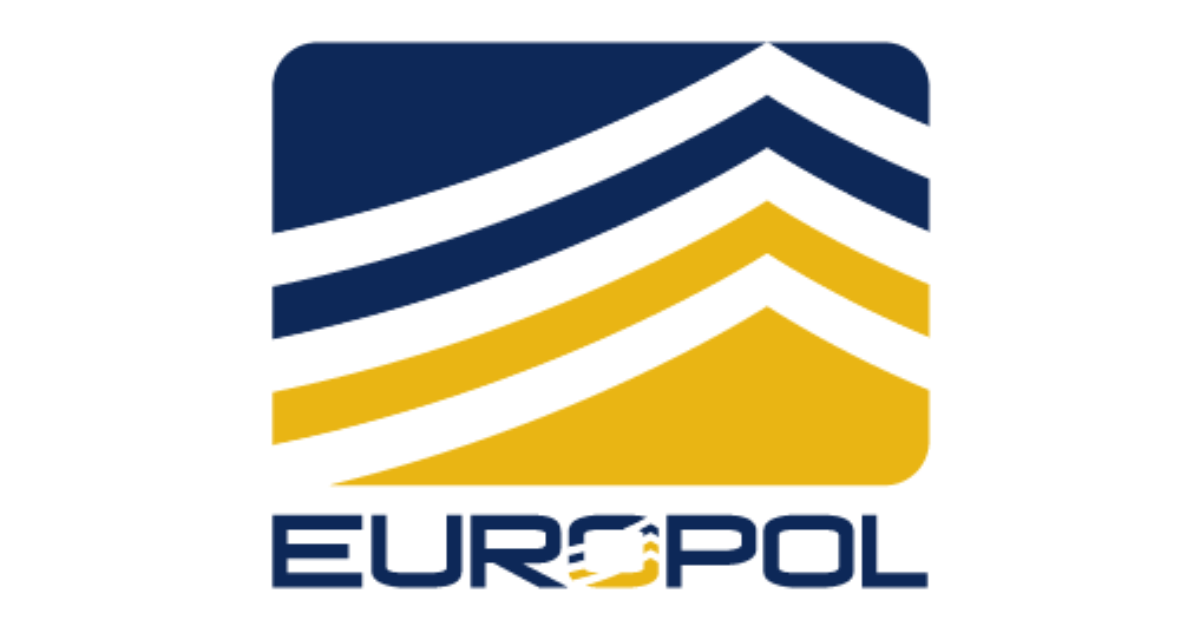Introduction
The personnel building block is fundamental to enhancing cybercrime investigation capabilities. Having a team equipped with the right skills and knowledge is an important step in fostering capability. Two extremely useful resources to guide the strategic formulation of such a team are the Europol Cybercrime Training Competency Framework and the NIST Workforce Framework for Cyber Security (commonly known as the NICE Framework).
The Europol framework offers a comprehensive view of the competencies and levels of achievement necessary across a broad spectrum of roles within an organisation’s cybercrime investigation capabilities. On the other hand, the NIST NICE Framework goes deep into the specifics of the Cybercrime Investigator and Digital Evidence Analyst roles (amongst others in the broader cybersecurity sector), providing an in-depth examination of the knowledge, skills, and tasks associated with these positions. This granular detail makes it useful for training needs analysis and detailed resource allocation.
These frameworks lay the groundwork for analysing training requirements and skill gaps, offering a structured approach to team formation and skill identification. By leveraging the insights provided by Europol and NIST, agencies can ensure their personnel are proficient in their current roles and project future human resource requirements.
Key Roles and Competencies
The Europol Cybercrime Training Competency Framework is instrumental in understanding the competencies necessary across an organisation for effective cybercrime investigation. This framework recognises the competencies within specialised investigation teams and the crucial roles of first responders in the broader organisational context. It delineates critical positions in an agency’s cybercrime investigation capability, offering insights into how to harness and develop these roles effectively. While detailed for roles like Cybercrime Investigators and Digital Evidence Analysts, the NICE framework is less valuable due to its focused depth on these two roles. Instead, we leverage the Europol framework for a broader organisational view.
Heads of Cybercrime Units
These leaders manage and direct cybercrime investigation efforts, ensuring their teams are well-equipped and strategically focused. They play a critical role in resource allocation, case prioritisation, and engagement with external stakeholders. Their comprehensive understanding of the unit’sunit’s capabilities and training needs is essential for the unit’sunit’s success.
Team Leaders
Operating closer to the investigations, team leaders oversee the day-to-day management of cases, coordinating closely with investigators and external agencies. They ensure that their team is adequately trained and resourced to tackle cybercrime investigations effectively.
General Criminal Investigators
These investigators increasingly encounter crimes with a cyber element. A fundamental understanding of digital evidence and the integration of this evidence into general investigations are vital for their role.
Cybercrime Analysts
Analysts play a crucial role in interpreting data, identifying trends, and producing actionable intelligence. Their work supports strategic and operational goals, making sense of complex data from various sources to guide investigative efforts.
Cybercrime Investigators
Specialising in cybercrime, these investigators lead complex cases that require a deeper understanding of digital evidence, online information acquisition, and cyber investigative techniques. They often contribute to training programmes, enhancing the skill set within the organisation.
Specialised Cybercrime Experts
Offering deep expertise in specific areas of cybercrime, these experts support operational investigations and advise on emerging threats. Their continuous learning and knowledge exchange are critical for preventing cybercriminal trends.
Digital Forensic Examiners
Focused on the technical examination of digital evidence, these personnel negotiate various operating systems, employ forensic tools, and understand data recovery and analysis techniques to support investigations.
Cyber-attack Response Experts
Specialists in responding to cyber-attacks work with other entities to recover and analyse digital traces, ensuring the integrity of digital evidence for prosecution.
First Responders
Often the initial contact point with electronic evidence, their role is crucial in preserving the integrity of potential digital evidence at crime scenes. Their actions can significantly impact the success of subsequent investigations.
Each of these roles contributes uniquely to the fight against cybercrime, underlining the importance of a well-rounded team equipped with diverse skills. The trade-off between developing these competencies in-house or outsourcing them depends on each agency’s specific context, including a budget, the scope of cybercrime faced, and existing capabilities. Agencies must weigh the benefits of nurturing internal expertise against the flexibility and specialised knowledge outsourcing can offer. The choice varies significantly among agencies, influenced by their operational needs and strategic goals.
Tailoring the Team to Agency Needs
Formulating the optimal team to combat cybercrime involves strategic decisions that reflect an agency’s specific needs and capabilities.
Assessing in-house competencies is the first step in this process, identifying both the strengths to build upon and the gaps that need addressing. This assessment considers the agency’s size and the scope of cybercrime challenges, which vary widely. For larger agencies, the complexity and volume of cybercrime often necessitate a broad range of specialised roles within the team. Smaller agencies might focus on developing a core set of versatile skills that can be applied across various scenarios.
Customising the team composition also involves considering whether outsourcing can achieve specific competencies more effectively. The particular cybercrime influences this decision challenges the agency most
encounter, with some requiring niche expertise that might only be available in some places. Balancing the development of internal capabilities with the strategic use of external resources allows agencies to remain agile and responsive to evolving cyber threats.
The Trade-off: In-house Capability vs. Outsourcing
The decision to develop in-house expertise or to outsource specific functions presents a significant trade-off. On one hand, developing in-house capabilities ensures that the agency has direct control over its resources and can build a team closely aligned with its operational ethos and strategic objectives. It fosters a deep, organisation-wide understanding of cybercrime. However, this approach requires significant investment in training and development and the retention of specialised personnel, which can be challenging given the competitive landscape for cyber talent.
On the other hand, outsourcing provides access to specialised skills and technologies beyond the agency’s immediate reach, offering flexibility and scalability. This can be particularly valuable for addressing complex or emerging cyber threats that require niche expertise. Yet, reliance on external resources may also introduce challenges related to coordination, confidentiality, and the integration of outsourced functions into the agency’s overall cybercrime strategy.
The choice between in-house development and outsourcing varies significantly across agencies, influenced by factors such as budget constraints, the complexity of cybercrime faced, and the existing levels of personnel skill. Each agency should weigh these considerations carefully, aiming to strike a balance that optimises its investigative capacity while remaining adaptable to the rapidly changing landscape of cybercrime.
Conclusion
Utilising competency frameworks like Europol’s and NIST’s are crucial for strategically developing a cybercrime investigation team. While Europol offers a broad competency overview suitable for diverse agencies, NIST provides detailed insights into specific roles, aiding in precise training and resource planning. The balance between developing in-house capabilities and outsourcing, guided by these frameworks, is vital for assembling an effective team ready to tackle cybercrime’s complexities. This approach ensures agencies can navigate the evolving cybercrime landscape with a well-prepared and resilient team.




